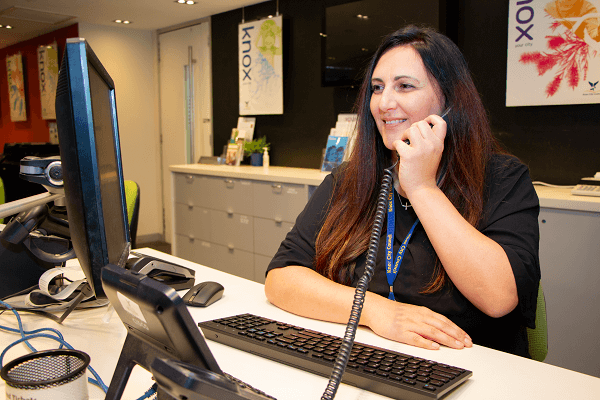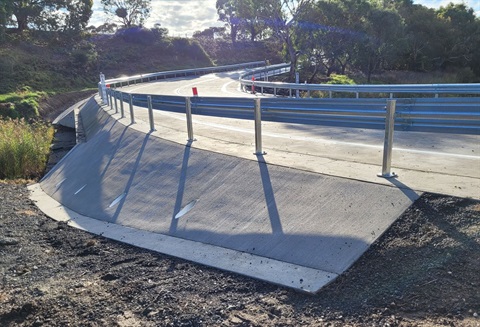Hawkesbury community members are well known for doing many wonderful things for the area, and one of those people is Sophie Wills, who has been doing her best to make sure remote area residents have a better chance of survival if a sudden cardiac arrest occurs.
A Registered Paramedic and Rural Fire Service volunteer, Ms Wills is the founder and chairperson of the Community Defib Project, which has improved community access to defibrillation in Wisemans Ferry and surrounding areas. This has been achieved using a $35,000 NSW Government ‘My Community Project’ grant to kickstart the community-based public access defibrillation scheme.
It has been a collaboration between Western Sydney University, the Defib Shop and passionate community members, and now Ms Wills wants to take it to more areas of the Hawkesbury.
A defibrillator – an Automated External Defibrillator (AED) – is a life-saving device that can be used by any member of the public to save the life of someone who suffers a sudden cardiac arrest. A sudden cardiac arrest essentially refers to when someone suddenly becomes unconscious and stops breathing as a result of their heart suddenly stopping. This is a life-threatening emergency that, without intervention, will have poor outcomes.
During a Sudden Cardiac Arrest, with every minute that goes by without a defibrillator, the victim’s chance of survival is reduced by 7-10%. This translates to no more than 10 minutes to access a defibrillator for a chance of survival. However, many rural areas are much further than 10 minutes from an ambulance service.
“Currently we have more 22 community AEDs installed. This includes Wisemans Ferry, Lower Macdonald, Central Macdonald, Lower Portland, Leets Vale (Hills), Maroota (Hills), Gunderman (Central Coast) Sackville and St Albans. We now have more than 30 volunteers and we’ve received fantastic feedback from the community,” Ms Will said.
“Our organisation not only looks after the installation of these units but places emphasis on the education that is required to ensure that this project is successful. We have developed maps of the installed community AEDs, fridge magnets and information packs for the community. We have also provided training for all members of the community.
“We currently have a committee dedicated to each community, one of which is St Albans. The St Albans committee is led by local advocate and community member Gillian Jessup and includes passionate community members Lisa Wyatt and Kate Stuart,” she said.
“Our vision is to ensure that every member of community from St Albans to Higher Macdonald along Upper Macdonald Road and St Albans to Mogo Creek along Wollombi Rd is within no more than 10 minutes from an AED,” Ms Wills said.
“This would mean installing community AEDs at points which are spaced 10 minutes apart. This significantly improves the potential that residents have to save a life of someone who suffers a sudden cardiac arrest.
“We would now also like to see this program extended in other areas of the Hawkesbury such as Bilpin and Kurrajong to create heart safe communities across the Hawkesbury. We have also had interest community members in Cattai and Kurrajong but plans are underway to implement the project to its full capacity across St Albans.”
The Mayor of Hawkesbury, Councillor Patrick Conolly, praised Sophie’s and the project committee’s success and effort.
“We never know who may need a defibrillator or when, young or old; it could be you or me, a relative, a friend or a stranger,” the Mayor said.
“Every minute counts; having more defibrillators available in the community will improve the chances of surviving a cardiac arrest.
“This is a very worthy initiative to support as it can mean the difference between life and death, and I encourage our community, our local businesses and organisations to get behind this project and support the team that is making this positive difference.”







